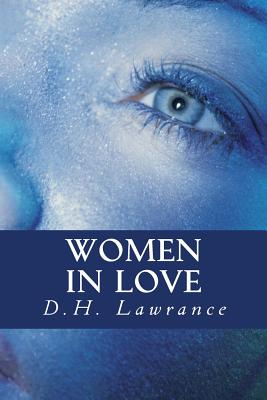David Herbert Richards "D. H." Lawrence (1885 - 1930) was an English novelist, poet, playwright, essayist, literary critic and painter. His collected works represent, among other things, an extended reflection upon the dehumanising effects of modernity and industrialisation. Some of the issues Lawrence explores are emotional health, vitality, spontaneity and instinct. Lawrence's opinions earned him many enemies and he endured official persecution, censorship, and misrepresentation of his creative work throughout the second half of his life, much of which he spent in a voluntary exile which he called his "savage pilgrimage". At the time of his death, his public reputation was that of a pornographer who had wasted his considerable talents. E. M. Forster, in an obituary notice, challenged this widely held view, describing him as, "The greatest imaginative novelist of our generation." Later, the influential Cambridge critic F. R. Leavis championed both his artistic integrity and his moral seriousness, placing much of Lawrence's fiction within the canonical "great tradition" of the English novel. In late February 1922 the Lawrences left Europe behind with the intention of migrating to the United States. They sailed in an easterly direction, first to Ceylon and then on to Australia. A short residence in Darlington, Western Australia, which included an encounter with local writer Mollie Skinner, was followed by a brief stop in the small coastal town of Thirroul, New South Wales, during which Lawrence completed Kangaroo, a novel about local fringe politics that also revealed a lot about his wartime experiences in Cornwall. The Lawrences finally arrived in the US in September 1922. Here they encountered Mabel Dodge Luhan, a prominent socialite, and considered establishing a utopian community on what was then known as the 160-acre (0.65 km2) Kiowa Ranch near Taos, New Mexico. After arriving in Lamy, New Mexico via train, they bought the property, now called the D. H. Lawrence Ranch, in 1924, in exchange for the manuscript of Sons and Lovers. He stayed in New Mexico for two years, with extended visits to Lake Chapala and Oaxaca in Mexico. While Lawrence was in New Mexico, he was visited by Aldous Huxley. While in the U.S., Lawrence rewrote and published Studies in Classic American Literature, a set of critical essays begun in 1917, and later described by Edmund Wilson as "one of the few first-rate books that have ever been written on the subject."






